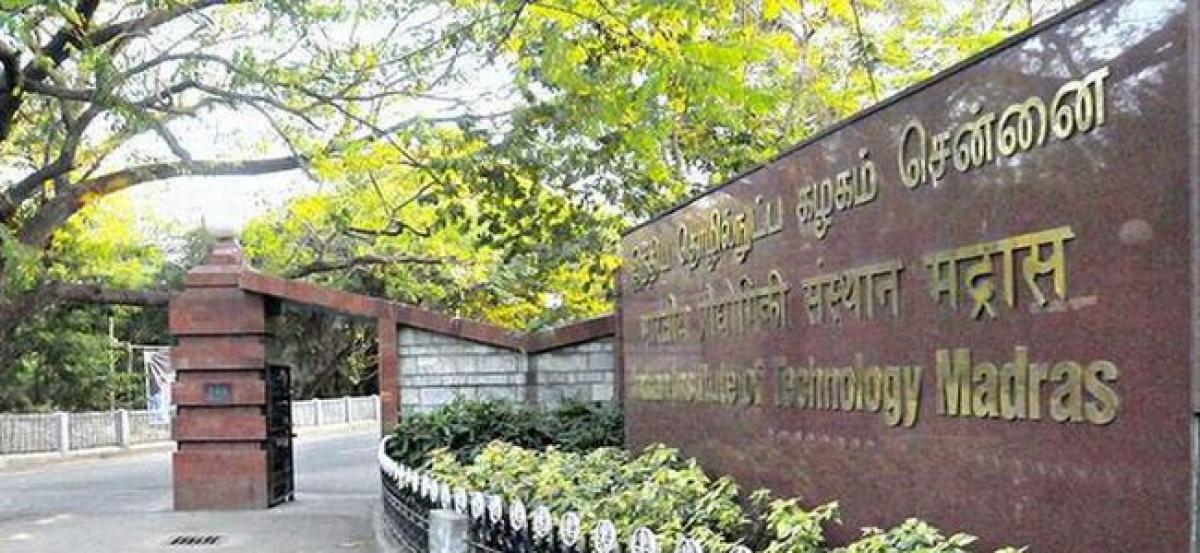Live
- Man’s Guide to Self-Care: The Ultimate Grooming Gift Guide for International Men’s Day
- ATP Finals: Jannik Sinner becomes first Italian to win Finals; season-ending event to be played in Italy till 2030
- Chief convener of CorWA elected
- ‘Iktaaraa Bole’ a collection of satires launched
- Illegal construction threatens Arkavathi River
- Aditya student bags prize in boxing competition
- Three women drown at swimming pool in resort
- Steel factory dust damaging crops, farmers in distress
- ‘Pushpa 2-The Rule’ Trailer: Allu Arjun's Swag and Fahadh Faasil's Intensity Steal the Show
- It’s time to cleanse your body with Ancient Lung Detox Drinks
Just In

IIT-Madras is in the process of creating an India-specific cancer genome database aimed at early detection and development of better treatment strategy for the disease.
Chennai: IIT-Madras is in the process of creating an India-specific cancer genome database aimed at early detection and development of better treatment strategy for the disease.
The National Cancer Tissue Biobank (NCTB), a first of its kind community-based initiative in the country, is collecting cancer tissues from Indian patients "to generate a cancer genome database which was not available so far."
Prof S Mahalingam, the faculty-in-charge of NCTB, said different types of cancer tissues were being collected for this purpose.
"This (collection of samples) is critical for identifying the specific changes happening in our own population to develop the diagnostic kit for early detection (of cancer) and this will help us to design a better treatment strategy," he told PTI.
Prof Mahalingam, from the Department of Biotechnology at IIT-M, said creation of such a genome database would also help in developing a specific drug for India's population.
For instance, the available medication for cancer treatment was "based on the western (countries') population" and developed for them though these were being used in India too, he said.
While there was an 80-90 per cent success rate of these medication in treating cancer in the western countries, it was less than 50 per cent in India, Prof Mahalingam said.
Creation of such a pool with samples of different types of cancer and their study would give an indication on what is going on in the community regarding the disease.
There could be differences in the way two persons affected with the same type of cancer respond to the treatment, he said.
Tissue samples are collected from medical and education institutes the NCTB has tied up with and only the "unused" ones of a patient are brought to the bio bank for further research, Prof Mahalingam said.
The samples, ranging from breast cancer and oral cancer to gastro-intestinal cancer, are taken after prior consent from the patients and their families and strict confidentiality is maintained, he said.
Till now, the NCTB has samples collected from over 1,800 patients and it has tied up with nine medical and educational institutes in Chennai and Puducherry for this purpose, he said, adding efforts are on to expand this association.
Further, any cancer researcher in the country can get tissue from this bio-bank "through proper channels," Prof Mahalingam said.
"They need to have an ethical clearance from their host institutions. We also have an ethics committee, monitoring committee. Any Indian researcher can approach us," he said.

© 2024 Hyderabad Media House Limited/The Hans India. All rights reserved. Powered by hocalwire.com







